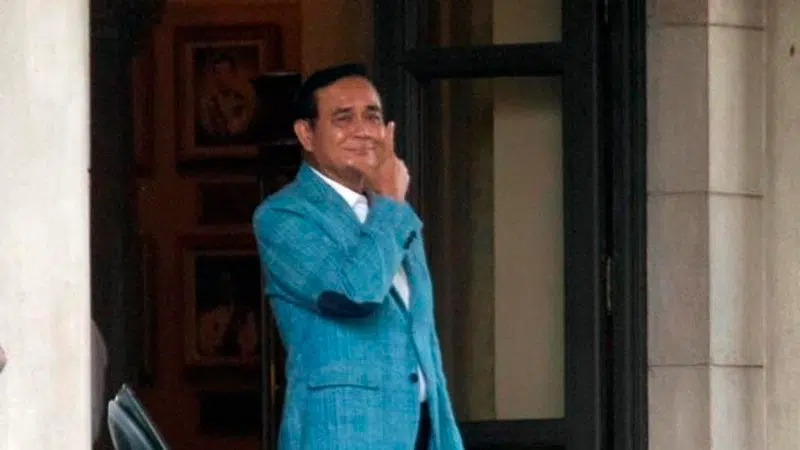
Thai princess’ political bid sunk by her brother, the king
BANGKOK — Thailand’s chaotic politics took two astonishing turns Friday when the sister of the king made a historic bid to become prime minister, only to have him shut down her effort as “inappropriate” because it violated tradition and the constitution, which keep the monarchy from getting involved in politics.
The royal order from King Maha Vajiralongkorn was read on national television late Friday night, effectively scuttling the move by his older sister, Princess Ubolratana Mahidol, to become a candidate for the prime minister’s office after parliamentary elections scheduled for March 24.
It was the latest event to roil Thailand, which has been buffeted by coups, political comebacks and street violence for more than a decade.



